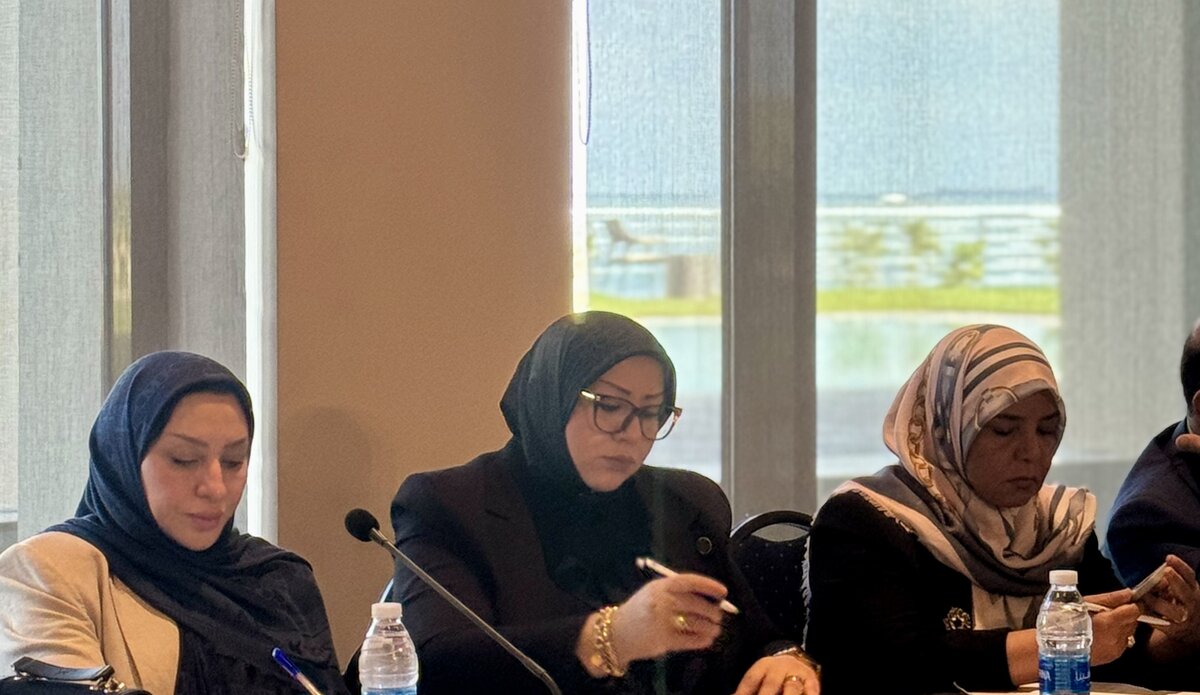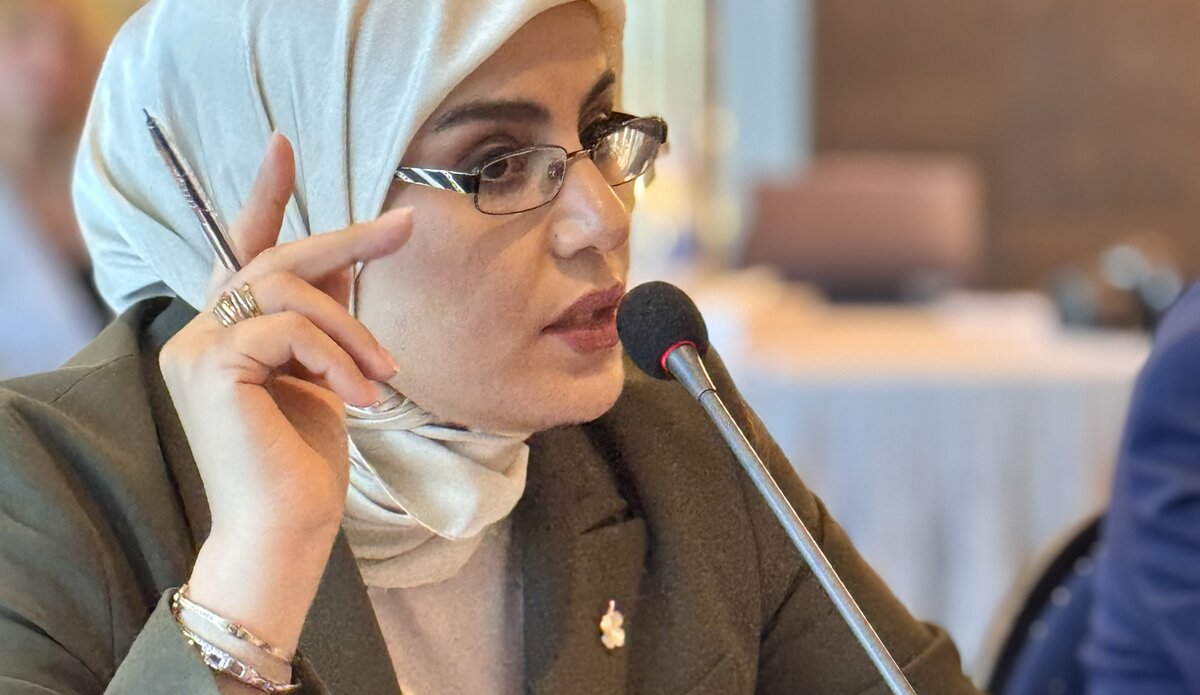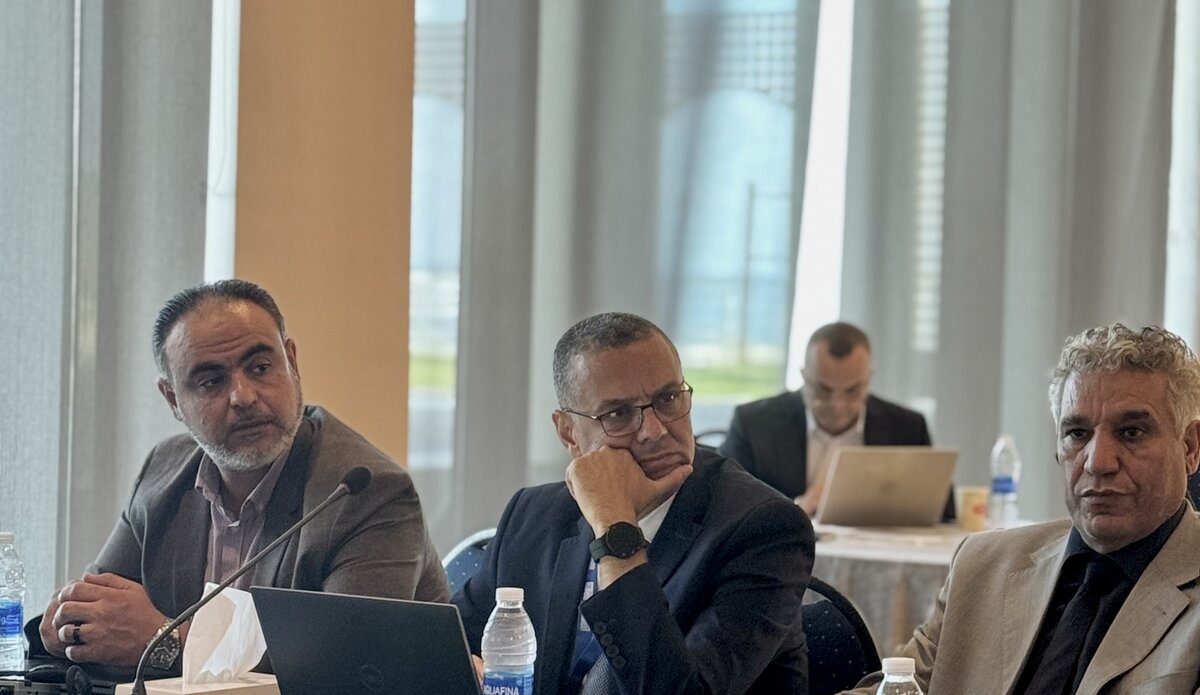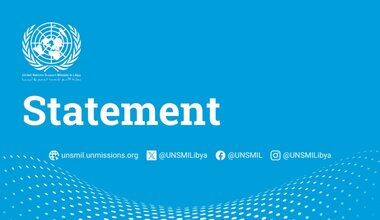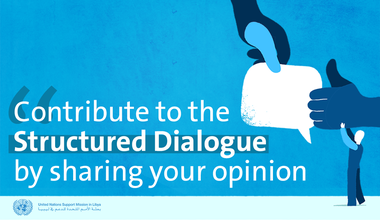Drafting of missing persons law moves forward with UN facilitation
TRIPOLI — Building on a year-long process of consultations, a committee of experts reached consensus on key elements of a draft law on missing persons during a Tripoli meeting on 17 18 September under a joint initiative of the United Nations Support Mission in Libya (UNSMIL) and the United Nations Development Programme (UNDP) called “Addressing the File of Missing Persons in Libya.”
The meeting brought together 46 representatives from the House of Representatives (HoR); Presidency Council; the High Council of State (HCS); Ministries of Justice, Interior, Defense, and Foreign Affairs; the Prime Minister’s Office; the General Authority for the Search of Missing Persons; and the National Council for Civil Liberties and Human Rights, alongside members of civil society, academia, and forensics and legal experts.
Participants reviewed the draft law article by article, introduced proposed amendments, and agreed on the need for a unified National Commission on Missing Persons with a clear mandate to avoid duplication across existing institutions. They emphasized aligning the law with international standards on enforced disappearances, strengthening protections for families, and linking the search for the missing to transitional justice.
The meeting drew on legal mapping and technical analysis prepared with UNSMIL and UNDP. Participants introduced further amendments on the future commission’s composition, mandate, and alignment with international standards.
“This is a successful step towards guaranteeing the rights of missing persons and their families,” said legal adviser and lawyer Awatef Alawini from Tripoli. “There is an urgent need for such a law, as the number of missing persons in Libya continues to rise due to the unstable political and security situation.”
During the meeting, participants also exchanged views on the mandate of the future commission, coordination with existing institutions, and accountability provisions to ensure effective remedies.
“This draft bill is very important as it resolves the overlap of mandates among forensic authorities on the issue of missing persons,” said HoR member Melood Al Aswed, who is from Raqdalin. “In this way, it will help guide the legal process of this sensitive file in the right direction.”
To move the process forward, the Committee agreed to form a smaller drafting group to finalize the text and integrate comments from the sessions before submitting it to the House of Representatives. In parallel, UNSMIL and UNDP will continue consultations with families of the missing and civil society organizations to ensure the law reflects their perspectives and needs.
UNSMIL and UNDP, together with their national and international partners, reaffirmed their readiness to continue supporting Libya’s efforts to establish a comprehensive legal framework on reconciliation and missing persons as part of the broader transitional justice process, and in line with international standards.
 United Nations Peacekeeping
United Nations Peacekeeping UN
UN

